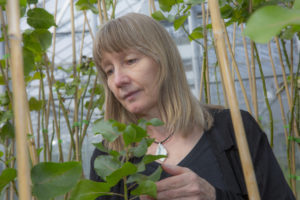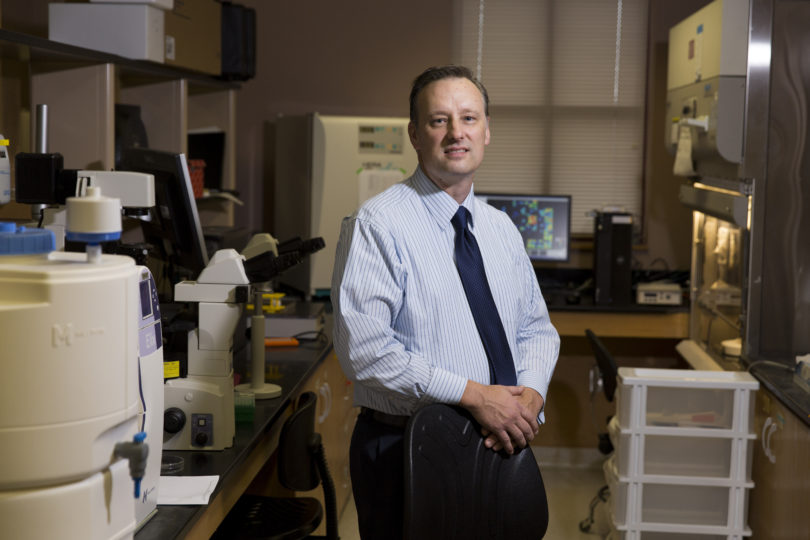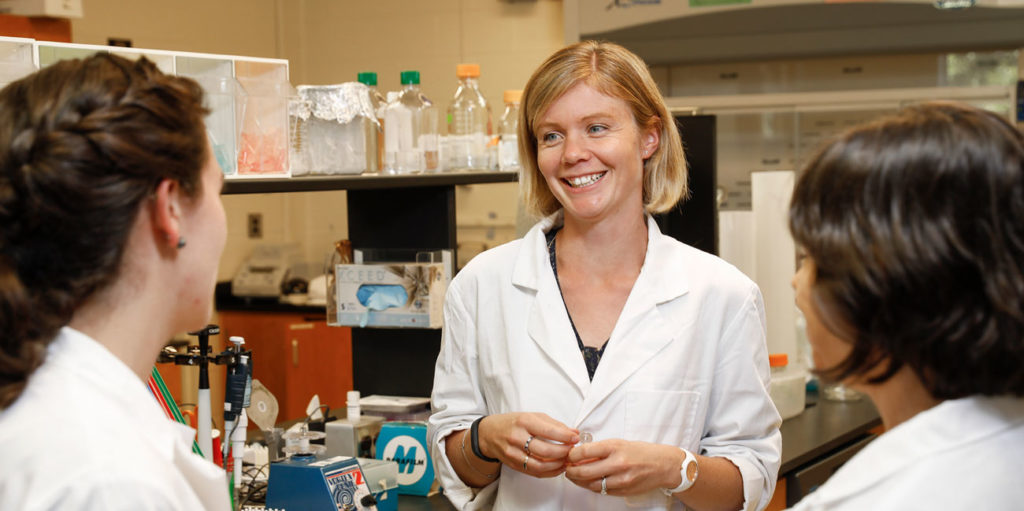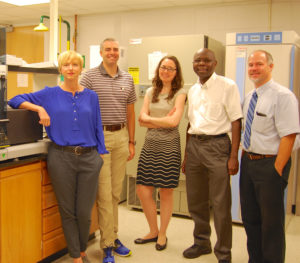
On November 3, the CDC recognized One Health Day.
One Health Day highlights the connection between the health of people, animals, and the environment.
The CDC has acknowledged the increasing importance of a One Health approach by working with physicians veterinarians, ecologists, epidemiologists, laboratorians, and many others to monitor and control public health threats and to learn about how diseases spread between people, animals, and the environment. There are many examples that show the health of people is directly related to the health of animals and the environment. For example, some diseases, known as zoonotic diseases, can be shared between animals and people. Tens of thousands of Americans every year will get sick from diseases spread between animals and people. This year in particular saw the largest number of diseases linked to contact with backyard poultry ever recorded by the CDC; these dangerous situations reveal the fervent need for One Health.
2 Things to Know
Staying connected. Interactions between people, animals, and our environment are constantly changing. A vigilant One Health approach is important because 6 out of every 10 infectious diseases in people are spread from animals.
- Healthy pets make healthy people: Studies show that the bond between people and their pets can increases fitness, lower stress, and bring increased happiness to their owners. People ought to know how to enjoy their pets without getting sick from zootonic diseases.
Taking Action. Even though November 3 has passed, you can always help spread awareness of One Health by using the #OneHealth hashtag in social media. Also, continue to stay informed!
- Check out this blog by Dr. Casey Barton Behravesh, director of CDC’s One Health Office, discussing how One Health relates to daily life.
- Share CDC’s One Health infographic showing the connection between human, animal, and environmental health.
Follow One Health advocacy at UGA: https://twitter.com/OneHealth_UGA
Follow the CDC’s effort to prevent emerging and zoonotic infectious diseases: https://twitter.com/CDC_NCEZID
 The director of the Center for the Ecology of Infectious Diseases at UGA is working to devise an early warning system for diseases which could save lives and allow public health resources to be used more efficiently and effectively.
The director of the Center for the Ecology of Infectious Diseases at UGA is working to devise an early warning system for diseases which could save lives and allow public health resources to be used more efficiently and effectively.


 A study conducted by a BHSI faculty member sheds light on how aggression and weak study skills contribute to the national high school dropout right.
A study conducted by a BHSI faculty member sheds light on how aggression and weak study skills contribute to the national high school dropout right.
 Steven Stice, BHSI Faculty member and director of the UGA Regenerative Bioscience Center, has joined an elite group of 912 innovators hailing from more than 250 prestigious research universities and governmental and nonprofit research institutions by becoming a National Academy of Inventors (NAI) Fellow.
Steven Stice, BHSI Faculty member and director of the UGA Regenerative Bioscience Center, has joined an elite group of 912 innovators hailing from more than 250 prestigious research universities and governmental and nonprofit research institutions by becoming a National Academy of Inventors (NAI) Fellow. BHSI member Claire de La Serre is eager to discuss her research relating to isolating the triggers of overeating and learning about diet-driven abnormal communication between the gut and the brain. Serre is also an asset to her students as far as keeping them up-to-date on the latest research findings in foods and nutrition, in fact, she was herself once a PhD student in nutrition at the University of California; she then went on to complete her postdoctoral fellowship at John Hopkins School of Medicine in Baltimore. By making it a priority to stay-up-to-date with the latest research findings in scientific literature, Serre encourages her students to carefully analyze research papers themselves and offer up their own interpretations of data.
BHSI member Claire de La Serre is eager to discuss her research relating to isolating the triggers of overeating and learning about diet-driven abnormal communication between the gut and the brain. Serre is also an asset to her students as far as keeping them up-to-date on the latest research findings in foods and nutrition, in fact, she was herself once a PhD student in nutrition at the University of California; she then went on to complete her postdoctoral fellowship at John Hopkins School of Medicine in Baltimore. By making it a priority to stay-up-to-date with the latest research findings in scientific literature, Serre encourages her students to carefully analyze research papers themselves and offer up their own interpretations of data. The Drug Discovery Core (DDC) laboratory is a brand-new, campus-wide collaborative facility that is designed to hasten the development of therapeutic drugs for a number of major diseases.
The Drug Discovery Core (DDC) laboratory is a brand-new, campus-wide collaborative facility that is designed to hasten the development of therapeutic drugs for a number of major diseases.

